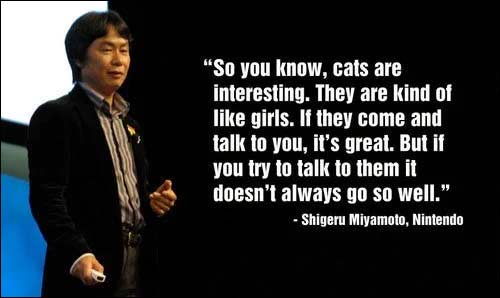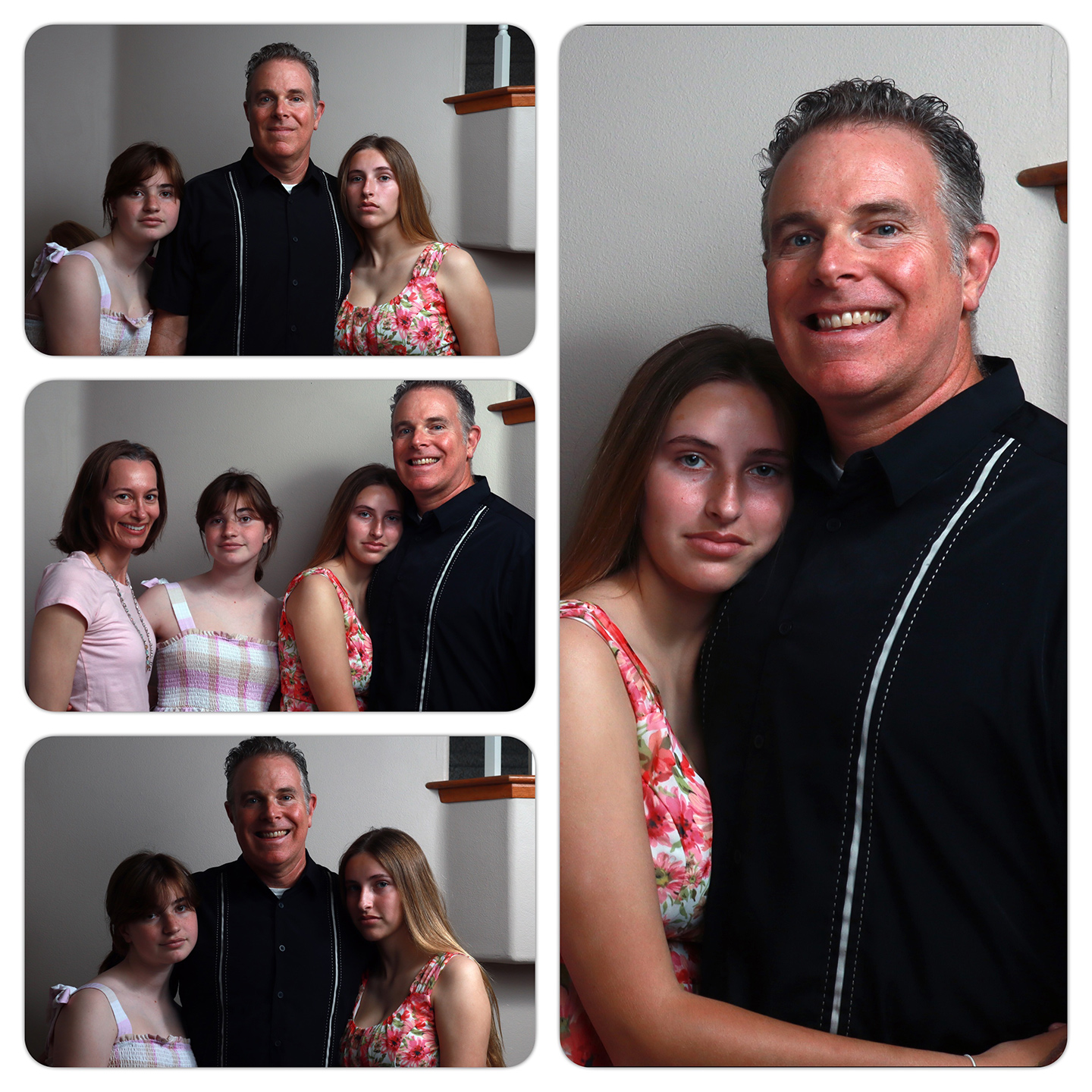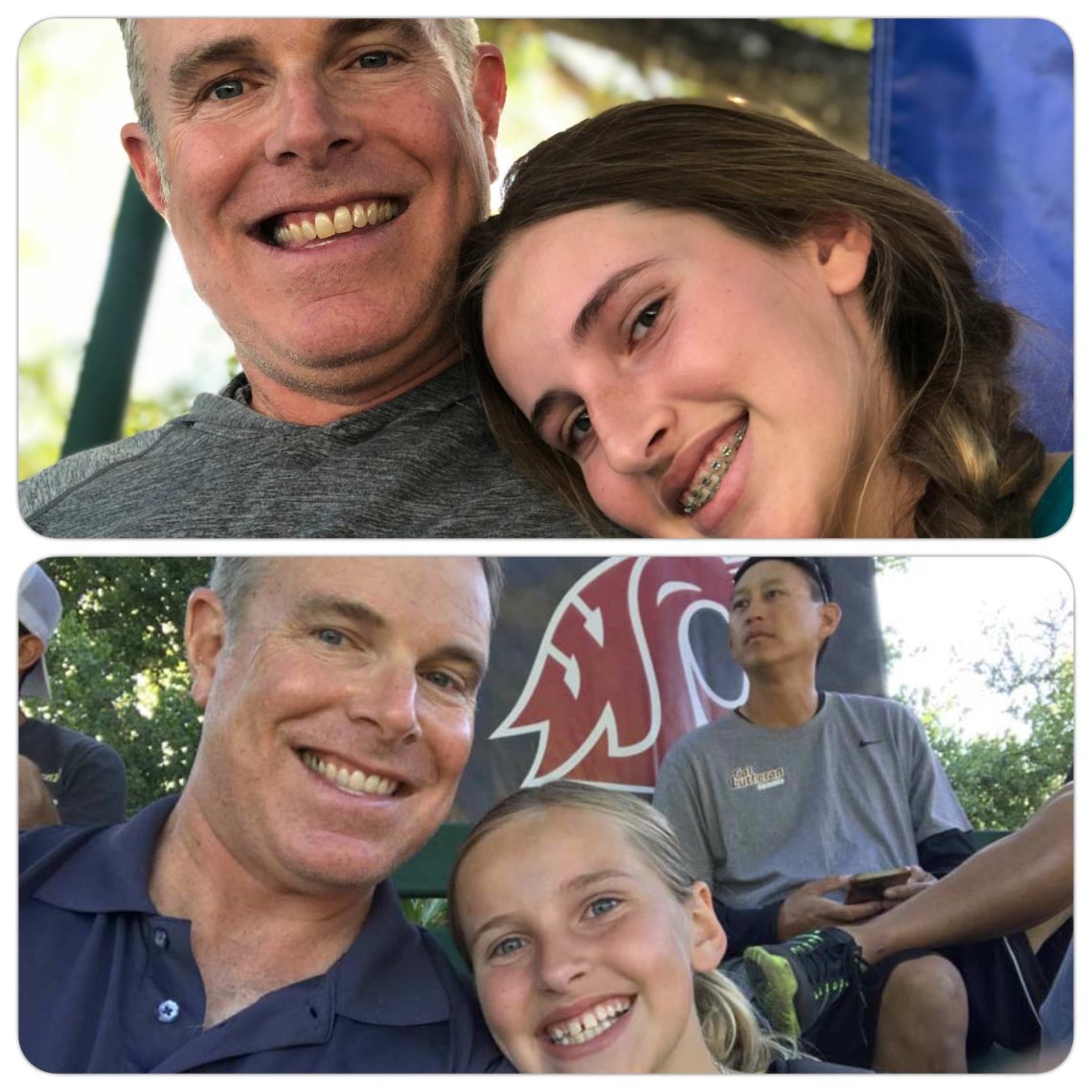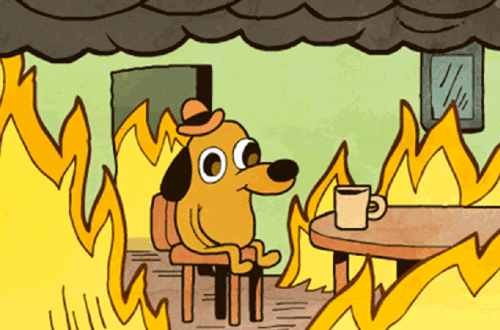What does it mean to be a parent?
Often I think to serve well as a parent means ideally to be mature, possess self-control, and have good judgment.
This might seem self-evident, my dear reader. But it is also vague. What does self-control and good judgment look like in practice?
Well, let me be specific: It means to hold your tongue when you are angry with your children, and still speak calmly and refuse to lose your temper. You are bigger than that. You are the adult in the household. You bite your cheek until it bleeds, and you refuse to lash out.
Or at least you hope you do.
My dad is almost 83-years old, and he is the one who told me this philosophy of parenting once while we were taking a walk around the UC Irvine campus years ago. My dad told me how he bites his cheek sometimes until it bleeds with his kids and does not say what he wants to say. He was dealing with children in their forties at the time.
It is harder when your children are toddlers or teenagers. The provocations are more extreme. I have 15-year old and 12-year old daughters. I am in the middle of it.
Usually it is not too bad. And I look around at other teenagers who truly are out of control, and I count myself fortunate in my situation with my daughters. They are not out of control. Overall, they are doing fine.
But still there is tension. When my 15-year old daughter is in a funk, I give her a wide berth. When she was younger, she was often affectionate towards me and my wife. Nowadays, not so much. Often she is semi-sullen, and when she is this way I give my daughter her space. I think teenage daughters are like solitary and brooding cats: you can’t go up to them and demand affection. If you do, they will recoil. If you insist further, they will scratch or bite you. But if you give them their space and let them come up to you when they are ready, they will come sit on your lap and purr as you pet them.

Your teenage daughter will come to you, if you let her. She will open up. And in those relatively rare occasions when your teenage daughter is affectionate and open with you, it will be like old times. It will be a breath of fresh air.
And then she will go back to the sullen and brooding teenage daughter, spending tons of time by herself in her room. She will want to be alone to do her homework and text her friends and God knows what else. You are not really wanted in her personal space. If you violate her personal space, she will tell you to get out. It might get ugly.
Is that all you get as a parent? You raise a child for a decade and a half and then have her scream “I hate you!!! I hate you!!!” into your teeth? Really?
Maybe. Depending on your teenager. Depending on you.
I am lucky in not clashing hugely and painfully with my daughters (so far). Maybe some of this is because I had a strong connection with my daughters from those earlier years. I had money in the bank from that time which I can pull from when I need it. That helps. Also, my daughter is not extreme in her mood-swings and I am pretty lucky in her (mostly) good behavior. So I put a limit on one side of her behavior and/or choices and another limit on the other side of the spectrum, and I pretty much leave her alone to do what she wants in the middle. I tell her, “If you can govern yourself, I will leave you to live your life as you see fit. But if you can’t control yourself, then I will have to control you.” It is not an idle threat. But my daughter has been reasonable in that regard and so I give her considerable freedom. I think we are both content with the state of things. She even made me a painting to represent this working relationship for my 55th birthday – here it is:

The above image about sums it up, as seen by my daughter. I try to avoid the Scylla of being too strict and the Charybdis of being too lenient, finding Aristotle’s Golden Mean – or trying to find it. I try to give my daughter as much freedom in the middle to run her affairs as she sees fit. But there are guardrails on this road. There are limits.
Yet it is hard to know exactly what those limits might be in practice. And a sullen teenager is not exactly helping a parent to find them. I know when my teenage daughter is in a bad mood (it is not hard to tell, she ain’t hiding it), and then I will give her the space she needs. That is important enough to repeat again: I stay away from her when she wants to be alone. My daughter wants her space, and relatively often; for whatever reason, she probably needs it. I won’t pry. She will bring it up if she wants or needs to. But her sullen spells do not last long. The next day might be different, and I can be patient. Then once in a while my daughter gives me hugs like she used to, and it feels wonderful.
My older daughter is currently a student at the high school where I teach. That is important. I am with her during the good, the bad, and the ugly almost every single day. As such I hope to serve as an anchor of emotional support and stability for her in the sometimes choppy waters of adolescence. To give her guidance. To have a place where she and her friends can eat lunch when it is raining or boiling hot outside. This helps. During middle school I felt as if she were drifting away from me, as I saw relatively little of her. Now that she is with me in high school it is the opposite. We are together a lot.
But not too much, I hope.
“I hate you! Go away!” is the stereotype of teenagers losing their temper and verbally attacking their parents. I remember reading that teenagers DO want their parents around them, their angry protestations notwithstanding. They reportedly just don’t want them to talk, as parental talk irritates them to no end. Parents of teenagers in essence serve as good luck talismans, it would seem. “Just be nearby but don’t say anything.” It is a bit insulting to parents.
But this is how I sort of see it: you did all the incredibly heavy lifting when your children were babies and young children. The older they get, the more you need to get out of the way. You give the moral support, practical guidance, and financial support – and the unending car rides here and there and everywhere – and then you get out of their way. They produce the results (or they don’t). It is your child’s life, not your life. And authoritarian parents almost always overestimate how much control they can exert over their teenaged children who, more or less, are going to do what they want to do. As a parent you might get much more bang-for-your-buck in trying to educate your child to make the right choices, rather than commanding them to do so. At least that is how I see it.
So the last thing I want to be is a “helicopter parent.” I appreciate my parents having given me the space and freedom when I was a teenager and young adult to become my own person. If you give your children no freedom as they get older, how will they ever get to the point where they can live successfully on their own? The older your child gets, the less of a role you should play in their life. That is how I see it. You will always be there if you need them. But successfully launched young adults are able to fight their own battles and lead their own lives. Support your child and allow them the freedom to figure out their path in life. Nobody can figure out anybody else’s life for them. Not even their parents. Step back and allow your children to step up. You can gracefully retreat from the stage and play a much reduced role.
Unless your child is in crisis. Then you as a parent could really be in trouble, as well as your teenager. An out of control teenager or young adult is truly a thing of terror and suffering. Drug addiction, mental illness, drug overdoses, sexual assault, failing grades, school expulsion, teen pregnancies, probation and/or jail – the list goes on and on. I remember back in the mid-1980s our family knew this very troubled teenage girl “Jenny” who was a friend of my brother’s and who had run away from her home, and my mom allowed her to sleep at our house one evening. Her problems went on and on; they were severe and numerous; Jenny was in real crisis; we tried to give her refuge. But her problems were way beyond anything acquaintances could solve in one single night. I learned that later Jenny killed herself. Hers was a bad business. Trouble, trouble, trouble. Unending sadness year after year. Tragedy. But nobody should have been surprised at her final suicide.
I have heard parenting put this way: “You are only as happy as your unhappiest child.”
Maybe.
But it is your child’s life, not yours.
Enough with parents living vicariously through their children. Putting their own hopes and dreams and anxieties onto them. Appreciate the borders between your life and your children’s lives. Is there unfinished business from your own life which you project onto your children?
This “helicopter parent” business is rife in America today with parents who have very blurry borders between their own lives and the lives of their children. This results in children who have major difficulties building their own separate adult lives independent of parents. Incipient butterflies release a chemical when they’re fighting to get out of their chrysalis, a chemical that strengthens their wings; and if you give them too much help in opening their larvae for them the butterflies will fail to become strong enough to fly by themselves: with the best of intentions, you can fatally wound them, with these baby butterflies on the ground struggling and failing to take flight. In the same fashion you have to let your kids struggle to become strong enough to fight their own way out of the chrysalis; they need to emerge from the crucible of adolescence, and being in the crucible means to struggle. Your kids, like butterflies, have to struggle to learn to fly for themselves. You can harm them by being overinvolved. There are no shortcuts in life: you have to earn your own way.
But then there is also this: the polar opposite parenting style which basically abandons children to their fate. Some parents pay little or no attention to their kids. They hardly help them at all. Or one of the parents – or both – abandon their offspring. Or the parents die. The children are left adrift. That is also a real problem.
So how to find the appropriate sweet-spot between being too strict with your children and too lenient? Too involved in their lives? Or not involved enough? To give your children too much help? Or too little help?
It is not so easy to know what to do.
So often in parenting you are feeling your way, unsure of whether you are making the right decision or not.
But I have always figured that if you love your children – and they know you love them – there is plenty of wiggle room for imperfection.
I suspect there is most of the time.
And if you are a constant presence in the lives of your children year after year, and they learn from you and your example – in a multiplicity of ways – what it means to be a polite and functioning adult at home and in the wider world, things will work out for them.
But if you have a child suffering from severe mental illness or drug addiction, or has problems with law enforcement or defiance or rage generally or whatever…. Yikes. Hold on for what could be a rough ride. Parenting might get mighty tough. “There but for the grace of God go I…” a father might say to himself.
You never stop being a parent. It never ends. Not even when your children are grown up and living on their own: you are still their parent. You will always worry. You will always love. Hopefully, your children will bury you, and not vice versa. But there are no guarantees.
It is as Sir Francis Bacon claimed, he who “hath a wife and children has given hostages to fortune.”
True enough.
So would a man be better off not having any children?
No, I don’t think so.
Your children give a richness to the texture of your life it would not have otherwise – a greater traction to your relationships with family and community. You are more invested in the world, and with the people in it, then you would be otherwise. Timothy McVeigh, Eric Harris, Mohammad Atta, Ted Bundy, Adolf Hitler – all single men, single-minded in pursuit of violent ends. Not that a single man can’t appreciate the complex interdependent matrix of human connection. But having kids makes it easier. You are vested in a way you might not otherwise be. For all the immense bother and expense of parenting my daughters, I would have considered my life to have been the less if they were not in it.
Of course any male Homo sapiens can get a female Homo sapiens pregnant, if they are fertile and copulate, in a process not dissimilar from that used by barnyard animals. But only a real man can be a good father and help to raise his children into adulthood. To be there for the good, the bad, and the ugly. That is no easy task. It takes patience, commitment, and finesse.
It also helps as a parent to acquire the ability when frustrated to hold your tongue and refuse to lose your temper. Can you bite your cheek as a parent until it bleeds and refrain from lashing out at your kids in anger with your words?
At least most of the time do so?
I can. Most of the time.
As a father, I have made it this far. I have kept my temper almost all the time.
I have always thought that if you want someone’s attention – if you are really mad and want to be acknowledged as such – you should whisper, not yell. Whispering is what scares people. On the other hand, people learn to tune out those who yell. It becomes just more noise in a noisy world. Very few conversations go well when yelling is involved, in my experience. I have done precious little of it in my teaching or parenting so far.
But we shall see how the rest goes.
It has gone pretty well so far, but parenting has a way of humbling a person. Hell, life in general has a way of humbling a person. “But there’s things that’ll knock you down you don’t even see coming / And send you crawling like a baby back home.” So I will keep my head low and try to avoid any unnecessary blows, and hope for the best.
God help me.






